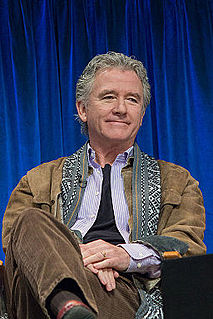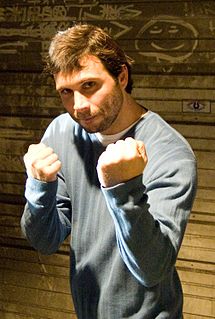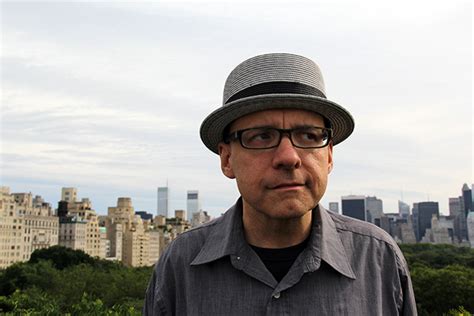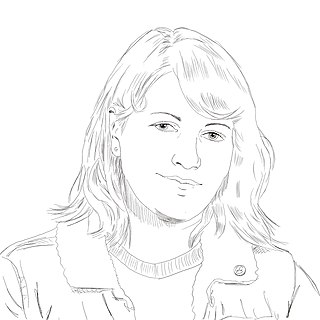A Quote by Arthur Schopenhauer
We can regard our life as a uselessly disturbing episode in the blissful repose of nothingness.
Quote Topics
Related Quotes
The repose necessary to all beauty is repose, not of inanition, nor of luxury, nor of irresolution, but the repose of magnificent energy and being; in action, the calmness of trust and determination; in rest, the consciousness of duty accomplished and of victory won; and this repose and this felicity can take place as well in the midst of trial and tempest, as beside the waters of comfort.
Tzu Li went to see Tzu Lai who was dying. Leaning against the door, he said, 'Great is the Creator! What will he make of you now? Will he make you into a rat's liver? Will he make you into an insect's leg?' Tzu-Lai replied, 'The universe gave me my body so I may be carried, my life so I may work, my old age so I may repose, and my death so I may rest. To regard life as good is the way to regard death as good. . . . If I regard the universe as a great furnace and creation as a master foundryman, why should anywhere I go not be all right?'
At the center of our being is a point of nothingness which is untouched by illusion, a point of pure truth, a point or spark which belongs entirely to God, which is never at our disposal, from which God disposes of our life, which is inaccessable to the fantasies of our own mind or the brutalities of our own will. This little point of nothingness and of absolute poverty is the pure glory of God in us.
It is this nothingness (in solitude) that I have to face in my solitude, a nothingness so dreadful that everything in me wants to run to my friends, my work, and my distractions so that I can forget my nothingness and make myself believe that I am worth something. The task is to persevere in my solitude, to stay in my cell until all my seductive visitors get tired of pounding on my door and leave me alone. The wisdom of the desert is that the confrontation with our own frightening nothingness forces us to surrender ourselves totally and unconditionally to the Lord Jesus Christ.
The last episode of Dallas was in '1991.' Unfortunately, it was a terrible episode to end the show on: it was a sort of 'It's a Wonderful Life' with Larry as the Jimmy Stewart character. In that episode, I was an ineffectual-schlep kind of brother, who got divorced three or four times and was a Las Vegas reject.
We do want the freedom to move scenes from episode to episode to episode. And we do want the freedom to move writing from episode to episode to episode, because as it starts to come in and as you start to look at it as a five-hour movie just like you would in a two-hour movie, move a scene from the first 30 minutes to maybe 50 minutes in. In a streaming series, you would now be in a different episode. It's so complicated, and we're so still using the rules that were built for episodic television that we're really trying to figure it out.
Men live a moral life, either from regard to the Diving Being, or from regard to the opinion of the people in the world; and when a moral life is practised out of regard to the Divine Being, it is a spiritual life. Both appear alike in their outward form; but in their inward, they are completely different. The one saves a man, but the other does not; for he that leads a moral life out of regard to the Divine Being is led by him, but he who does so from regard to the opinion of people in the world is led by himself.










































